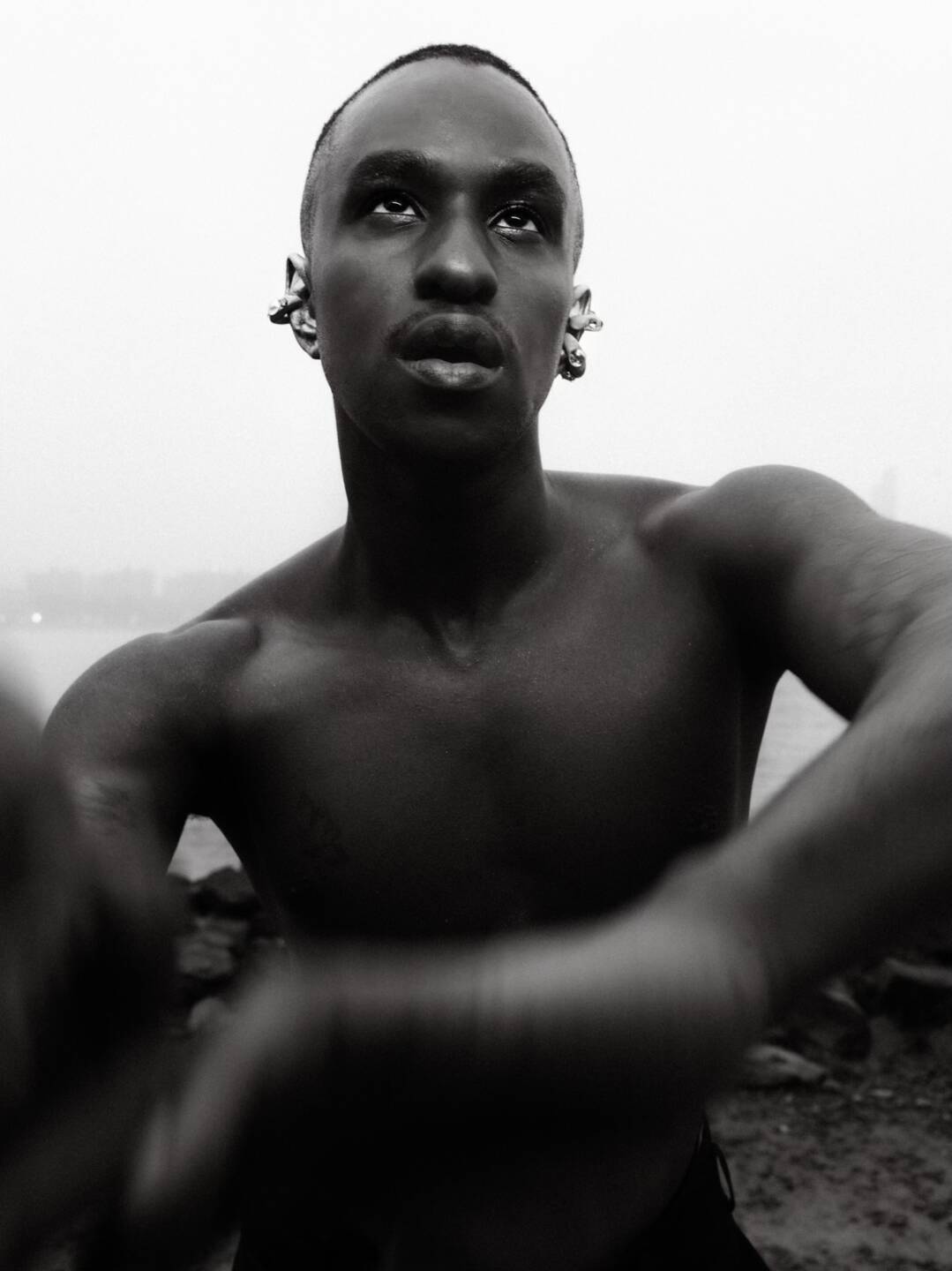Tama Gucci creates music that is simultaneously nostalgic and futurism-centered, like a distant memory from a rave you’ve never been to. Uniquely reimagining the intersection of Pop and R&B, the NYC-based, Miami-raised musician, vocalist and electronic composer returns with his first single of 2024, “You Lost Me” (feat. Colle Of Chanel Beads) via Sinderlyn.
The artist born Kymani Floyd is a pop star of his own design, using his expansive vocal range and innovative spirit to allow us to enjoy the world through a lens that curiously explores longing and romance in the digital age. His music bridges the gap between his Jamaican identity and fascination with 90s breakbeat music and he has become a staple performer in the NYC’s emerging underground electronic queer scene.
2024 is looking to be Tama Gucci’s biggest year yet, with news of his debut full length album coming soon. In addition to his own original music, Tama and partner Matthew Mazur have crafted the music during Fashion Week for Prabal Gurung and Laquan Smith’s shows (read Vogue UK: “Matthew Mazur & Tama Gucci Are The It-Couple Taking Over The Fashion World”), and he helms his own brand of handmade apparel & clothing, Tama’s Corner. Over the last few years, Tama Gucci has been featured by the likes of V Man, Gayletter, Bandcamp, Magnetic Magazine and more.

